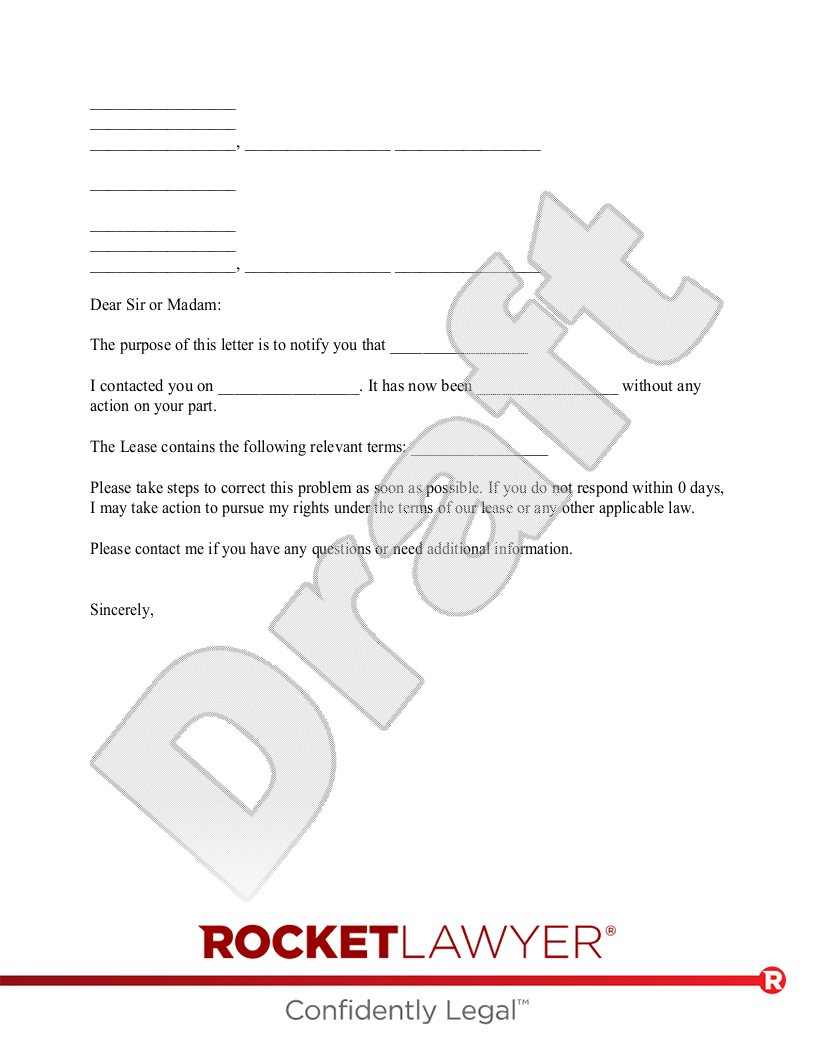What are my rights as a tenant if my landlord wants to raise my rent?
A landlord may raise the rent for several reasons. Inflation and cost-of-living increases may prompt a rent increase as landlords look to boost their revenue to meet their own rising expenses. Landlords may also raise the rent because they believe the market will support a higher rate. If you cannot or do not want to pay that much, another tenant may eagerly step in.
Your Lease Agreement may set terms for rent increases. If not, state and local laws may provide some limited protections, including:
- State or local laws requiring landlords to give a minimum amount of notice to tenants before any rent increase goes into effect.
- Rent control laws that limit how much a landlord may raise the rent, although there may be exemptions for cost-of-living increases.
If your landlord has violated the law, you may be able to submit a Notice to Terminate Tenancy without any penalty, if you would like to move out. You may also take legal action to compel your landlord to keep the increase within an amount allowed by law. Before taking legal action, you may want to talk to a lawyer or send a Complaint to Landlord.
What does my Lease Agreement have to do with rent increases?
The type of rental agreement you have can indicate how or when your landlord can raise the rent.
A lease with a defined term typically does not allow rent increases during the initial term. The landlord may increase the rent for any subsequent lease term with advance notice to the tenant. If a tenant’s one-year lease expires on Dec. 1, the landlord may offer to renew the lease with a rent increase no later than Nov. 1.
Month-to-month Lease Agreements may allow rent increases with few limits or on short notice. Still, many states require a minimum of 30 days’ notice for any rent increase, whether under a defined lease term or a month-to-month lease.
How can I negotiate a rent increase with my landlord?
A rent increase will obviously cost you money. At the same time, a vacancy will cost your landlord money. This may give you more negotiating power than you realize. Rent hikes are an inevitable part of inflation and cost-of-living increases, but you can always try to negotiate.
One way to begin negotiations is to remind the landlord that you have been a good tenant, and that finding new good tenants is hard. Some other options you can suggest while negotiating include:
- Offering to sign a longer lease term at your current rate in return for not raising the rent.
- Asking for something in exchange, such as an upgraded appliance or covering a utility bill.
- Telling your landlord how much of an increase you can afford, and offer to meet in the middle.
- Requesting more time before the rent increase takes effect so you may prepare and adjust your budget.
- Asking your landlord to sign a Consent to Sublease to allow you to get a roommate to help pay rent.
What is the Tenant Protection Act?
The Tenant Protection Act (TPA) of 2019 is a California state law that went into effect on Jan. 1, 2020. It only applies in California, and does not replace more restrictive local regulations on eviction and rent increases in San Francisco and other California cities. It provides two main protections for tenants.
The TPA limits rent increases statewide. During any 12-month period, rent increases are capped at 10%, but the cap could be less depending on the local cost of living.
Additionally, under the TPA, landlords cannot terminate a tenancy without “just cause” once a tenant has legally occupied the premises for at least one year. The law identifies two types of just cause:
- At-fault just cause is when the tenant has breached the Lease Agreement by failing to pay rent, creating a nuisance on the property, subletting without authorization, remaining in the property after the end of the lease, or a number of other reasons.
- No-fault just cause is when the landlord may terminate a lease under specific circumstances, including a court or government order to vacate the property or the landlord’s intent to use the property themselves.
Either way, a landlord must provide advance written notice to the tenant. In a termination involving at-fault just cause, the landlord must give the tenant a chance to correct the breach, such as paying all overdue rent. For a no-fault termination, the landlord must give advance notice and waive one month’s rent to assist with relocation costs.
If you have problems with a landlord or you have questions about your rights under a Lease Agreement, reach out to a Rocket Lawyer network attorney for affordable legal advice.
This article contains general legal information and does not contain legal advice. Rocket Lawyer is not a law firm or a substitute for an attorney or law firm. The law is complex and changes often. For legal advice, please ask a lawyer.
